£300,000 Mortgage – Monthly Repayments, Salary Needed & Deposit Guide
Quick Answer
A £300,000 mortgage typically means monthly repayments of £1,100–£2,150, depending on term length and interest rate. You’ll usually need a salary between £55,000 and £85,000, and a deposit of at least £15,000 (5%), although 10–20% deposits give you more lender options and lower rates.
How Much Are Monthly Repayments on a £300,000 Mortgage?
Your monthly repayment depends on three main things:
- The interest rate your lender offers
- The term length (e.g. 20, 25, 30, or 35 years)
- Whether it’s repayment or interest-only
Most people choose repayment, where you gradually pay down the balance. Interest-only means smaller monthly payments but the full £300,000 is still owed at the end.
Example Monthly Repayments on a £300,000 Mortgage
The table below shows typical monthly repayments for a repayment mortgage:
| Term | 3% interest | 4% interest | 5% interest | 6% interest |
|---|---|---|---|---|
| 20 years | £1,664 | £1,817 | £1,980 | £2,149 |
| 25 years | £1,423 | £1,584 | £1,753 | £1,933 |
| 30 years | £1,265 | £1,432 | £1,610 | £1,799 |
| 35 years | £1,155 | £1,307 | £1,479 | £1,661 |
What this means:
- Longer terms lower the monthly cost but increase total interest paid.
- Even a 1% rate change makes a big difference.
- Making overpayments, if affordable, can cut years off your term.
What Salary Do I Need for a £300,000 Mortgage?
Lenders usually lend a multiple of your annual income. This is often 4x to 4.5x, but it can stretch to 5x or even 5.5x if you meet stricter criteria.
Here’s what that looks like in practice:
| Lending Multiple | Required Annual Income |
|---|---|
| 3.5x | £85,715 |
| 4x | £75,000 |
| 4.5x | £66,667 |
| 5x | £60,000 |
| 5.5x | £54,545 |
Keep in mind:
- Debts, childcare costs, and outgoings can raise the required income.
- Joint applicants can combine incomes.
- Lenders check your spending habits as well as your payslips.
How Do Lenders Check Affordability?
Even if your salary matches the multiples, lenders carry out full affordability checks. They’ll review:
- Regular monthly spending
- Any loans or credit cards
- Stability of income (especially if self-employed)
- Number of dependants
Self-employed borrowers usually need 1–3 years of accounts or tax returns.
What Deposit Is Required for a £300,000 Mortgage?
Your deposit directly affects your rate and choice of lenders.
- 5% (£15,000) – Fewer lenders, higher rates
- 10% (£30,000) – Wider choice, better rates
- 15% (£45,000) – Stronger deals and product range
- 20% (£60,000) – Most competitive rates available
👉 If you’ve got bad credit, a larger deposit can improve your chances significantly.
Should I Choose Fixed or Variable for a £300,000 Mortgage?
- Fixed rate – Same payment for 2, 3, 5, or even 10 years. Safer for budgeting.
- Variable rate – Can rise or fall with the market. Sometimes cheaper, but less predictable.
For a loan of this size, many borrowers prefer the stability of a fixed rate.
What Other Costs Should I Budget for?
Alongside your deposit and repayments, you’ll also need to cover:
- Lender arrangement or product fees
- Valuation or survey fees
- Solicitor / conveyancing costs
- Stamp Duty (depending on property value)
- Buildings insurance (required)
- General property running costs
Can I Get a £300,000 Mortgage with Bad Credit or If I’m Self-Employed?
Yes, it’s possible, but criteria are tighter:
- Bad credit: Lenders will want evidence of recent financial stability and may ask for a higher deposit.
- Self-employed: Usually requires at least one full year of accounts, though some lenders ask for two or three. Specialist lenders can be more flexible.
Real Examples of a £300,000 Mortgage
- 25 years at 5% interest → £1,753 per month, £525,900 total (£225,900 interest).
- 30 years at 4% interest → £1,432 per month, £515,520 total (£215,520 interest).
Steps to Improve Your Chances of Approval
- Check your credit report for errors.
- Save the largest deposit possible.
- Pay down other debts to free up affordability.
- Avoid new credit applications before applying.
- Use a whole-of-market broker to match you with the right lenders.
FAQs about £300,000 Mortgages
What income do I need for a £300,000 mortgage?
Usually £55,000–£85,000, depending on the lender’s income multiple and your other commitments.
What deposit is required for a £300,000 mortgage?
At least £15,000 (5%), but 10–20% deposits give you access to better rates and more lenders.
What are typical monthly repayments?
Between £1,100 and £2,150, depending on the rate and term chosen.
Can I get a £300,000 mortgage with bad credit?
Yes, but you’ll likely need a bigger deposit and a specialist lender.
Do self-employed applicants need 3 years of accounts?
Not always. Some lenders accept just 1 year of accounts, but more history strengthens your case.
Final Summary
A £300,000 mortgage usually means:
- Repayments of £1,100–£2,150 per month
- Income of £55,000–£85,000 depending on lender checks
- Deposit of at least £15,000, but ideally 10–20% for the best rates
Even if you have complex income or past credit issues, options are often available with the right lender. Speaking to a whole-of-market broker can help you find the most suitable deal.
